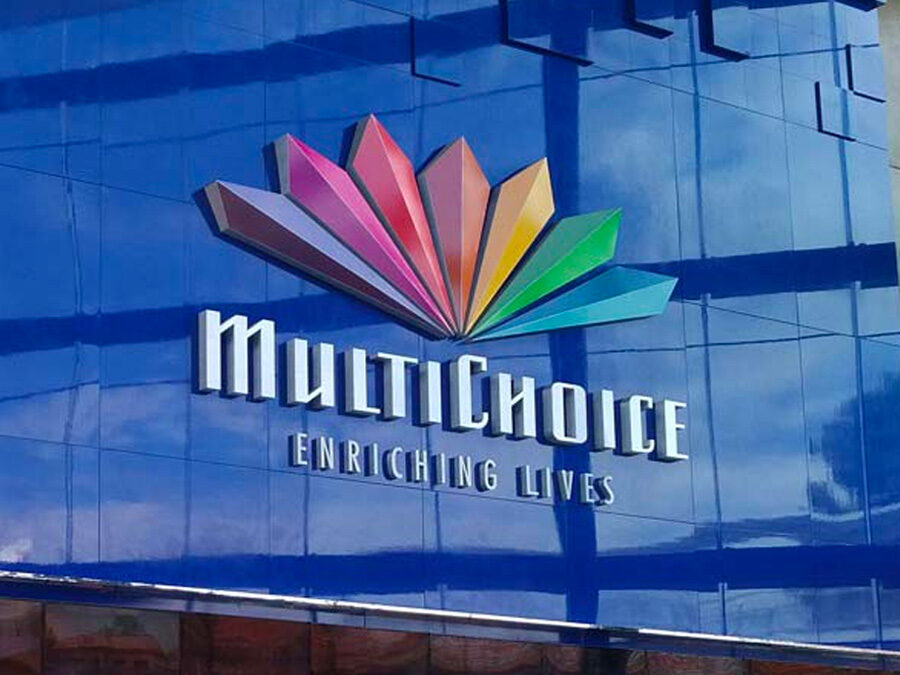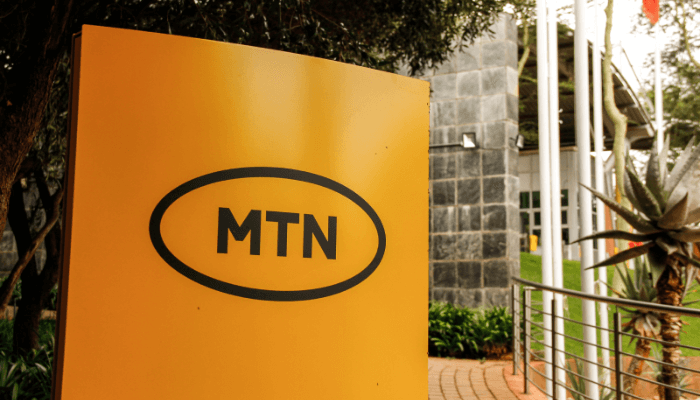As MultiChoice continues to face troubles, French broadcasting giant Canal+ continues to up its stake in the company. Is a takeover in the works?
Two weeks ago, MultiChoice’s share price plunged by 13% after JP Morgan Chase & Co downgraded the pan-African broadcaster’s rating. According to Reuters, the brokerage firm adjusted MultiChoice’s ratings downwards from “neutral” to “underweight.” An “underweight” rating means JP Morgan expects the company to underperform based on the average total return of stocks in its coverage universe over the next 6 to 12 months. Hence, it encourages stockholders to sell.
As MultiChoice’s woes continue, French broadcasting giant Canal+ has increased its stake to 31.7%. South African law mandates that when a shareholder reaches a 35% stake in a listed entity, they are to make an offer for a takeover. “Under South Africa’s takeover regulations, any company that acquires more than a 35% beneficial interest in a company’s securities is obliged to make a mandatory offer to the remaining shareholders (minorities included) on the same terms as the acquisition it took to reach the 35% threshold,” said Jimmy Moyaha, an independent financial markets analyst. “This is particularly interesting as Canal+ has increased its stake since 2020. The company has gone from holding 20.1% of MultiChoice to now holding around 31.7%.” According to Moyaha, due to South African regulations which limit foreign ownership of South African broadcasters to 20%, it is unlikely Canal+ is attempting a total takeover.
“[The regulations mean] that the voting rights of Canal+ would always be limited to 20% of the company’s total voting power as per a provision in MultiChoice’s Memorandum of Incorporation. If a takeover is to happen, we could be faced with the prospect of MultiChoice losing its status as an official broadcaster in South Africa. This would be detrimental to its revenues and this is why it is unlikely to happen at this stage. But anything is possible in life,” he added.
However, Mpumelelo Ndiweni, CEO of Colmin Group, an African markets advisory and investment company, believes that we are witnessing an attempt at a takeover by Canal+. Still, MultiChoice’s recent troubles are not the motivating factor behind the transaction.
“Canal+ has been wanting to buy MultiChoice for some time, and it’s picking up the shares to trigger the mandatory offer,” he said to TechCabal. “It wants to become the leading pay-tv provider across Africa. Remember that Canal+ is in francophone countries while Multichoice is in anglophone countries so buying it makes it gain access to those viewers, creating an African pay-tv leader in the process.”
MultiChoice’s troubles
In addition to its plunging share price, MultiChoice must contend with DStv’s dying business model and get Showmax, its streaming bet, on par with the likes of Netflix and Disney+ on the continent. Two weeks ago, Showmax was dealt a blow as HBO struck a deal with Netflix to avail some of its top-rated productions on its platform. Before that, Showmax and DStv had been the exclusive distributors of HBO content on the continent.
Multichoice has and continues to pump a significant amount of funding into Showmax. In its financial results for the year ended March 31, 2023, the company shared that it would withhold dividends to shareholders to finance the Showmax project further.
“In view of the challenging South African market, the uncertain currency outlook, the funding needs of the Rest of Africa business and the investment required to drive Showmax to become the leading streaming platform on the continent, no dividend has been declared for FY23,” the company stated.
Multichoice’s current source of solace is its position as the sole holder of broadcasting rights to most premium sporting content on the continent. However, that privilege is a deal away from being blown out of the water, just like its former HBO stronghold.
“MultiChoice may benefit from exploring more affordable yet personalized packages like a Sports Only package for example. The business would have to move with intent though because if Disney+ were to roll out an ESPN package for example, this would mean that most South Africans who currently subscribe to Disney would have a sporting alternative that would more than likely come in significantly cheaper than a DSTV bouquet,” Moyaha tells TechCabal.
What’s next?
According to MultiChoice, it is monitoring the activities of Canal+ and “continues to have engagements on a regular basis” with the company as the two businesses “look at areas of collaboration”. Meanwhile, Canal+ states that the share-buying spree is merely a financial investment, which has averaged a 5% yield over the last 3 years.
According to Ndiweni, the next step in the saga might be MultiChoice deciding to sell some of its business to Canal+, but not all. “Multichoice may break up and sell its “rest of Africa” market assets to Canal+ while it retains South Africa and tries to drive DStv Now and Showmax to profitability. Alternatively, the companies may merge in Africa with Canal+ focusing on pay-tv while MultiChoice focuses on the online part of the business,” he said.
Moyaha believes that the propensity for shareholders to benefit if a takeover takes place will depend on the conditions of the acquisition and the answers to some pertinent questions. “We would first need to know the answers to important questions. Questions like if MultiChoice would move to operate as a foreign broadcaster in South Africa. Would Canal+ be looking to acquire and eventually de-list MultiChoice? Would there be conditions imposed on the acquisition by the Takeover Regulation Panel? What price would be fair to shareholders given that we are currently back at the lowest prices for the share?” he said.
Ndiweni, on the other hand, believes that the value to be unlocked from a possible takeover transaction depends on how the deal is structured. “In terms of just a straightforward takeover deal, I would say not much value would be realised because [Canal+] are buying [the shares] at a discount because of the falling share price. However, if [MultiChoice] intend to sell off the rest of Africa market segment, i would say there would be value for shareholders there because it would allow MultiChoice to focus only on online streaming via DStv Now and Showmax, cut its loSses and attempt to rebuild itself and actively partake in the African content gap Netflix is struggling to fill up,” he concluded.
As the saga drags on, MultiChoice shareholders still holding onto the stock will be wondering what’s next for their investment, a question only time can answer.





















